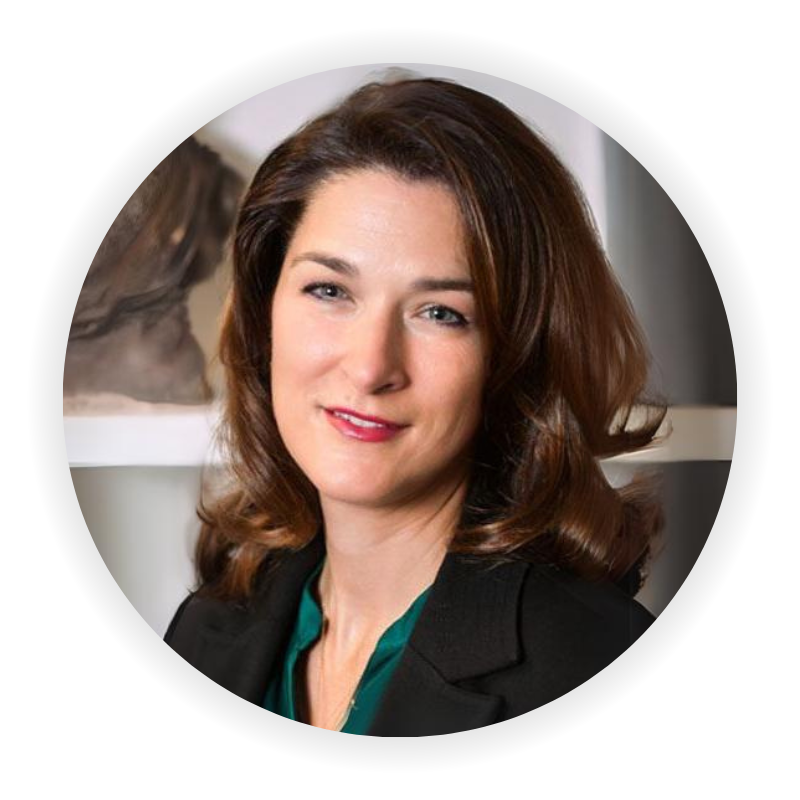Your Year of Wonders - Embrace Change. Grow Faster. Win Bigger.
Presented by Nick Tasler
Ever wondered why some leaders leave extraordinary legacies of impact and growth…while others leave a trail of emotional exhaustion and mediocre performance?
External changes -- like reorgs and supply chain disruptions to labor shortages and stifling new regulations -- trigger two voices in every leader’s brain. The 1st voice is the Loss Instinct. It tells leaders to pay 3x more attention to threats than opportunities….which leaves their teams feeling mentally drained, emotionally exhausted, and very often eager to find a new job.
But one of the magical gifts of the highly evolved human brain is that leaders also hear the voice of the Growth Instinct. The 2nd voice tells leaders that “growth is happening” even when it feels like “change is hard.” Leaders who listen to the 2nd voice energize their teams, grow their businesses, and leave a lasting impact on the people around them, while rediscovering the joy of leading.
From the storefronts to the C-suites -- whether you sell software or soft drinks -- Nick’s message will elevate the mood of your meeting and transform the mindset of your audience. They’ll discover…
- How speaking the language of the 2nd Instinct can transform this season of change into a Year of Wonders for their teams.
- A refreshing new way to reframe their current challenges and reimagine future possibilities.
- Why feelings of confusion and uncertainty are actually a fantastic sign that they are on the verge of their next big growth spurt--no matter their age or job title.
Whether you want to boost morale, rally your team for a digital transformation, or just think more innovatively about this year’s challenges and opportunities -- there is no better way to kickoff your next meeting than with the Year of Wonders message.

.png)

















